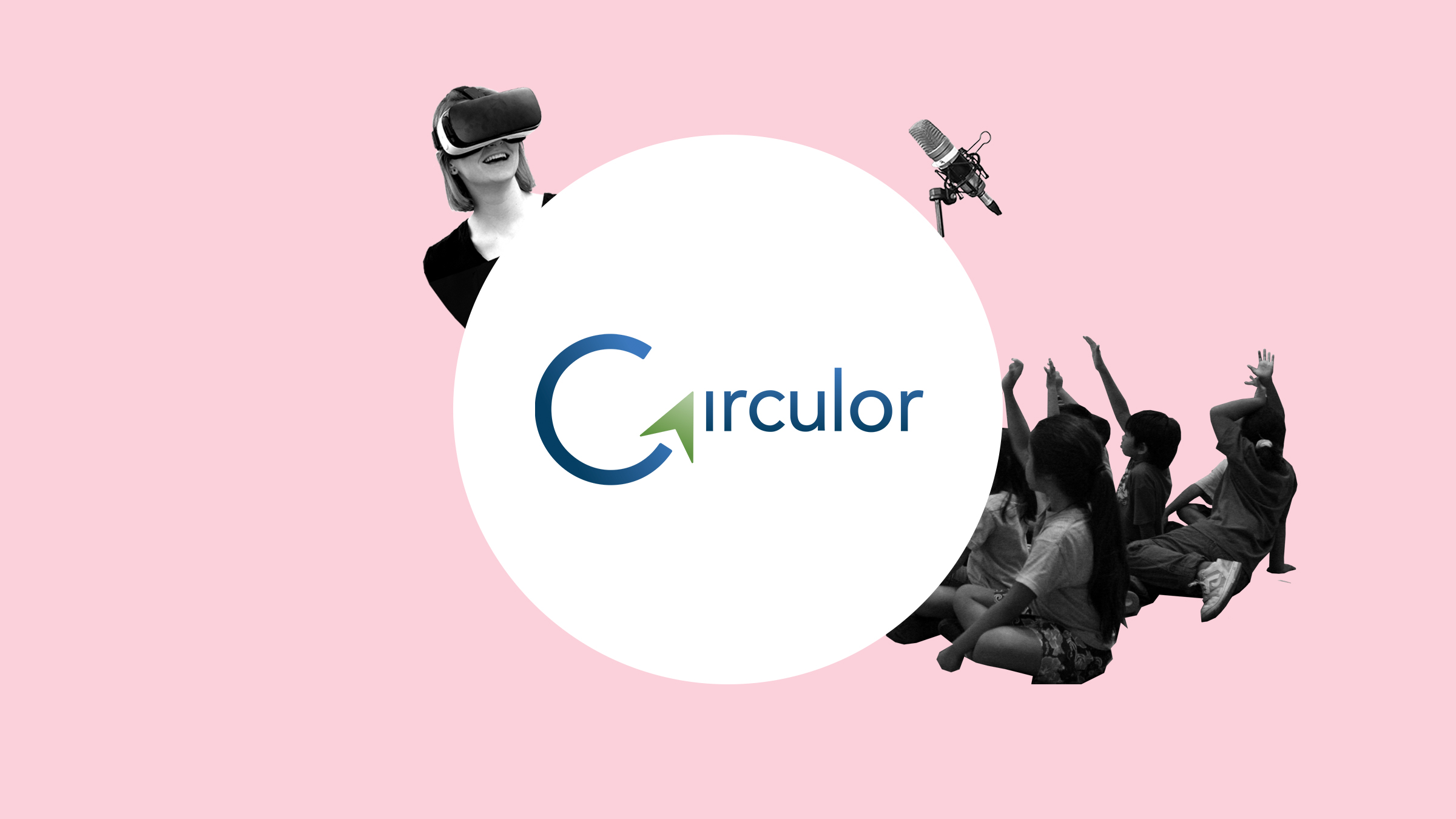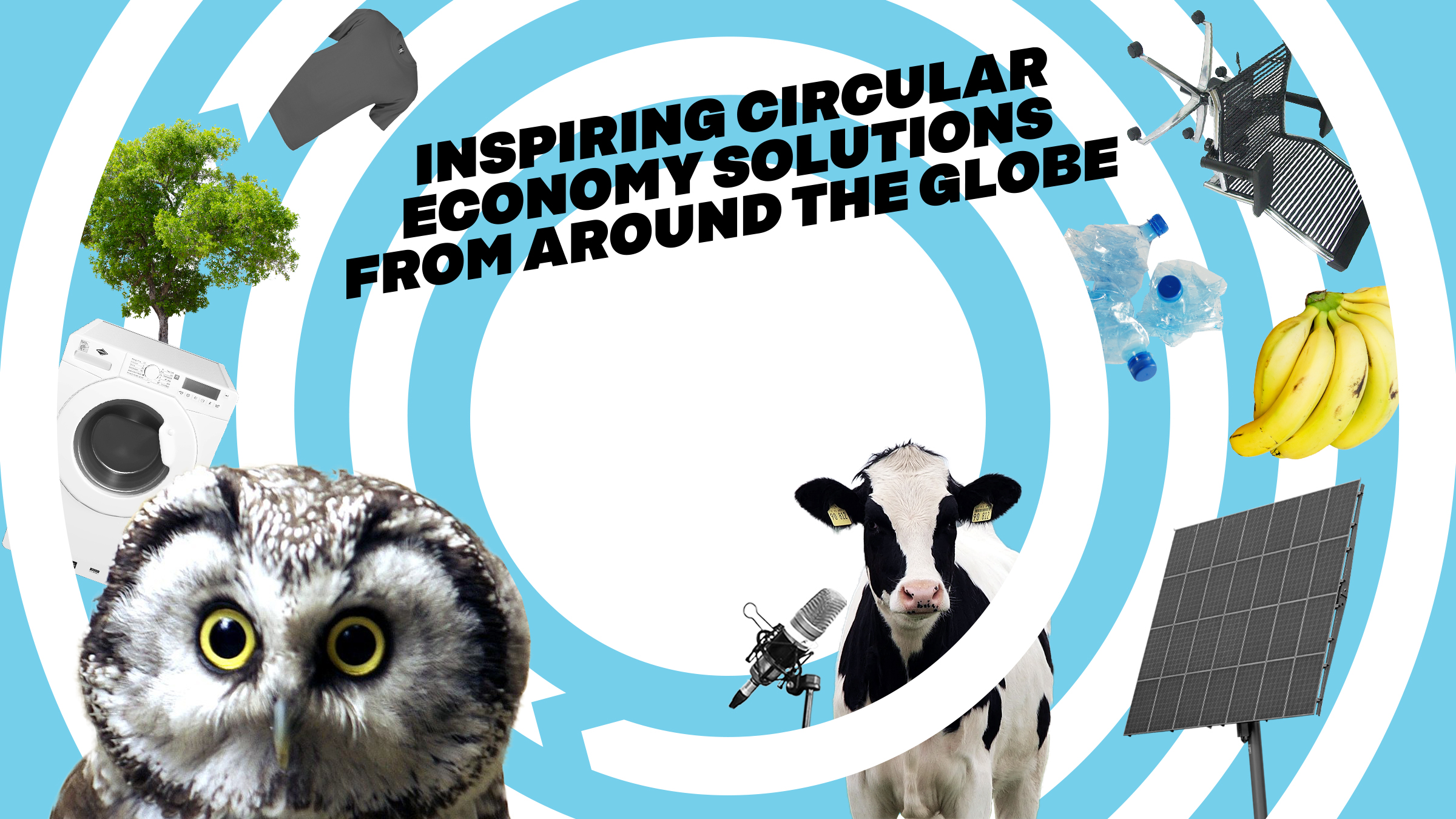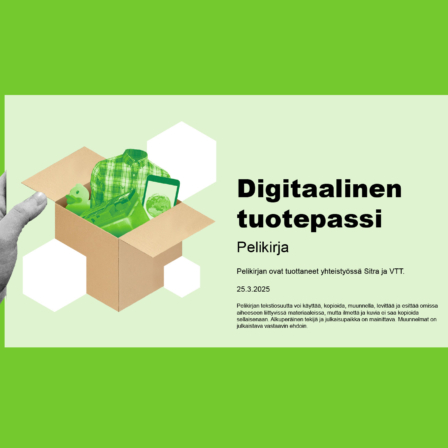The Circulor platform supports the development of circularity in sectors such as lithium-ion battery manufacturing, through enhanced traceability. By letting customers trace raw materials throughout the value chain, the platform can confirm that recycled materials are used over virgin supplies, all while ensuring respect for human rights and tracking embedded carbon throughout the supply chain.
The founders of Circulor had a vision: technologies such as blockchain, machine learning and the Internet of Things could be applied to solve known challenges in supply chains. Car manufacturers and consumers are increasingly aware of the social and environmental risks associated with sourcing the raw materials needed for lithium-ion batteries. Circulor was born to be the technological backbone that manages these risks through responsible sourcing and sustainability improvements.
Problem
Lithium-ion batteries are expected to power our shift towards electric mobility. Fundamental to the success of the energy transition is supply chain transparency and effective recycling of materials used in batteries. However, traditional sourcing of battery raw materials for electric vehicles is not socially or environmentally responsible, and the technology and infrastructure for recycling lithium batteries are still in early stages.
Solution
Circulor is a software solution that enables customers to track the flow of materials throughout their supply chains. It allows customers to, for example, determine securely whether batteries can be safely reused in a secondary application at their end of life, or whether they need to be recycled. Circulor also helps businesses capture and communicate information about the carbon footprint of their battery production. Beyond this, Circulor enables producers to verify and communicate about responsible sourcing throughout their supply chain.
By partnering with major mobility companies such as Volvo, Daimler and Boeing, Circulor has already begun demonstrating systemic change towards responsible and circular sourcing in the lithium-ion battery sector. They have proven it is possible to track raw materials through the supply chain, which will improve the transparency and circularity of the electric mobility industry’s value chain. Circulor has already begun expanding its application to the recycled plastics sector.
Environmental impact
The Circulor platform enables participants in the electric vehicle value chain to significantly reduce their carbon footprint. Over 70 per cent of the carbon footprint of an electric vehicle comes from its manufacturing and sourcing, with 50 per cent of that footprint from the battery. By providing a platform to assess, measure and ensure responsible sourcing of lithium-ion batteries, Circulor indirectly reduces the greenhouse gas emissions of a carbon intensive value chain.
Social impact
Circulor supports its customers to create a fully responsible value chain where producers can monitor their sourcing decisions. The Circulor platform encourages value chain participants to stop sourcing from places that rely on unacceptable labour conditions or child labour for sorting hazardous waste streams.



















Inspired?
Check out all solutions.